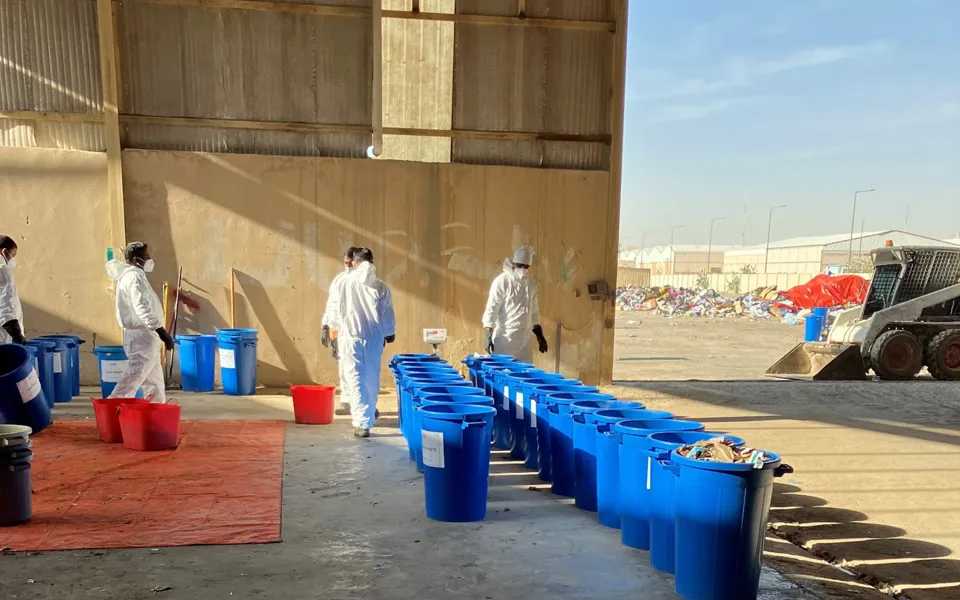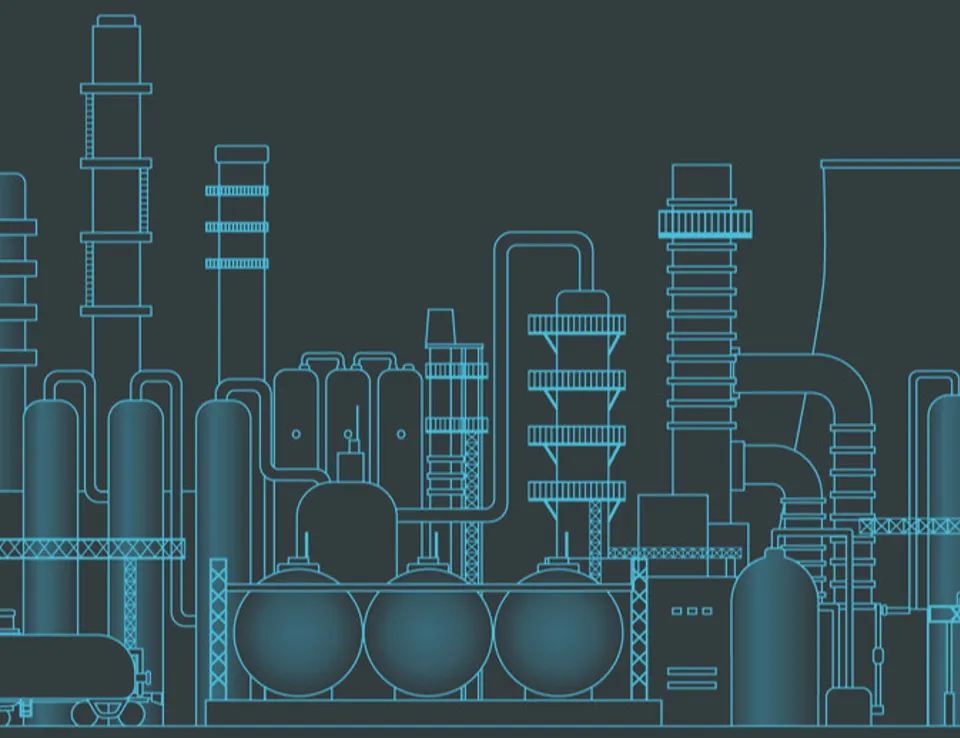
Is waste compositional analysis rubbish science?
05 Apr 2023
An understanding of the composition of waste is a vital building block for any organisation that is required to manage that waste, be that a local authority or private company. For the last 20+ years the mantra has been shouted loud ‘you cannot manage what you have not measured’. We are now in the 21st century, and thanks to good sense, smarter management of our waste streams is key to sustainable resource management and the protection of resources for future generations.
What is waste compositional analysis?
Waste compositional analysis (WCA) is a process used to determine the physical constituents of a waste stream by separating the materials into specific categories and weighing them.
Standard WCA practice is to separate waste streams into 16 primary waste categories, which include paper, card, plastic film, hard plastics, glass, textiles, ferrous metal, non-ferrous metal, food, garden waste, miscellaneous combustibles, miscellaneous non-combustibles, electrical waste, household hazardous waste, fluid and fines. Secondary or sub-categories are then selected to gain more insightful information such as the presence of recyclable and compostable materials, biodegradable materials, combustible materials or materials that contribute to a high carbon footprint.
What benefits can WCA offer?

Not only do you benefit from knowing what is in your waste, WCA data will also show how well your services are working. Do householders/businesses have sufficient capacity in their bins, boxes and bags. Do they have too much capacity, could the bin size be reduced? Captures rates and levels of contamination will reveal whether householders are struggling to understand their schemes? The composition of each stream will show any additional materials that could be targeted for reducing or recycling and the weight data will show whether materials are worth chasing? If stratified sampling is combined with Geographic Information System (GIS) mapping the results will pinpoint your high achieving households/businesses and those that need another round of awareness raising. Why waste precious resource on a borough wide leafletting campaign if it is only required in specific areas? And, knowing where pinch points are can help streamline collection services.
Results will also show how your waste fits with current and proposed legislative changes. The data can be used for scenario modelling e.g., what might you lose to a Deposit Return Scheme (DRS) and the consequences of packaging Extended Producer Responsibility (pEPR). The data can also be used to measure the carbon footprint of waste generated by your householders and local businesses.
Whilst the waste composition fieldwork is being carried out, it is also an opportunity to collect samples for lab analysis and bulk density testing. These two add-ons will provide essential data to inform infrastructure choice and design.
The composition of waste streams will vary across countries and regions and may also be affected by seasons, events, and new fads. This level of variation can present issues from point of collection through to treatment or disposal. If the waste composition data is required as a baseline for facility design, then data collection should reflect as many different points in a 12-month period as financially possible. For scheme evaluation a two-point survey will be sufficient, although a third point in time may identify level of drop off. Each WCA project should be carefully designed to deliver the best possible data reflecting the value of the overall project.
Getting hands on
Ricardo has designed and carried out numerous WCA projects across the UK and overseas. Our waste composition work provides baseline data that is used to inform early stages decision making for infrastructure design, strategies and KPIs, policies, awareness raising campaigns, measurement of waste reduction, reuse and recycling and compliance and modelling for future proofing. All our projects are delivered by an experienced in-field Ricardo team who oversee the waste sorting, data collection and data analysis. No two projects are the same, we tailor each to provide the data that fills the gaps and provides answers to the questions being asked.
Knowledge only becomes power when we put it to good use. Ricardo’s long experience in the waste and resource management sector means we have a detailed understanding of waste streams, their contents, value and disposal routes. Our technical experts can advise on the most suitable waste management options for your particular circumstances from feasibility studies to contract procurement and all the way to final disposal and more. Get in touch with us now.




 Follow Ricardo plc for regular updates
Follow Ricardo plc for regular updates




